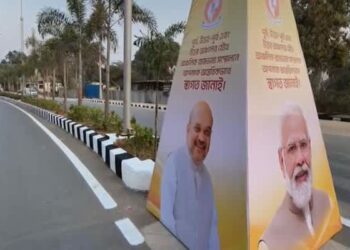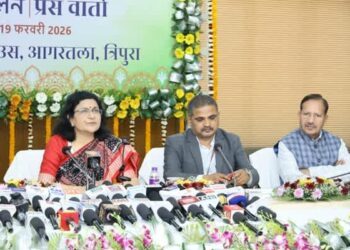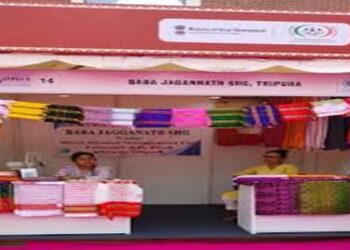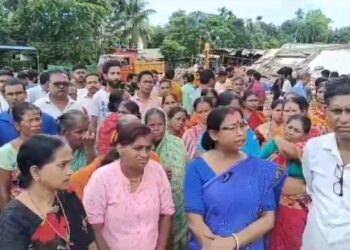agartala, August 30 — The Supreme Court Bar Association (SCBA) on Saturday expressed concern over the disproportionately low representation of women in the higher judiciary, highlighting that several high courts, including Tripura, currently have no woman judge.
Besides Tripura, the SCBA pointed out that the Meghalaya and Manipur High Courts in the Northeast, as well as the Uttarakhand High Court, are also functioning without a single woman judge. This, it said, reflects a larger imbalance that needs immediate redressal.
In a resolution passed during its meeting, the SCBA urged Chief Justice of India (CJI) B.R. Gavai and the Collegium to prioritize the elevation of more women judges to both the Supreme Court and the high courts. “It is hereby resolved to request the Chief Justice of India and the Collegium to give urgent and due consideration to the elevation of more women judges in the forthcoming rounds of judicial appointments, both to the Supreme Court and the high courts,” the resolution read.
The association presented alarming statistics on the gender disparity. Out of about 1,100 sanctioned posts of high court judges across the country, nearly 670 are occupied by men, while only 103 are held by women, with the rest lying vacant. This translates to less than 10 percent representation for women in the higher judiciary.
The bar body also voiced disappointment over recent judicial appointments to the Supreme Court. “The Supreme Court Bar Association (SCBA) expresses its strong disappointment that in the recent round of appointments to the Supreme Court, no woman judge from the Bar or the Bench was elevated, despite the fact that since 2021, no woman judge has been appointed to the Supreme Court. At present, there is only one woman judge serving on the bench of the Supreme Court,” the SCBA said.
The association underlined that this lack of diversity undermines public confidence in the judiciary and fails to reflect the changing social and professional realities of India. It added that greater gender representation is vital for ensuring inclusivity and balance in judicial decision-making.
The SCBA also recalled that its president, Vikas Singh, had written to CJI Gavai on May 24 and again on July 18, requesting proportional representation for women in appointments to both the apex court and high courts. The association urged the Collegium to act swiftly to correct the imbalance and ensure fair representation in the upcoming rounds of judicial elevations.


















